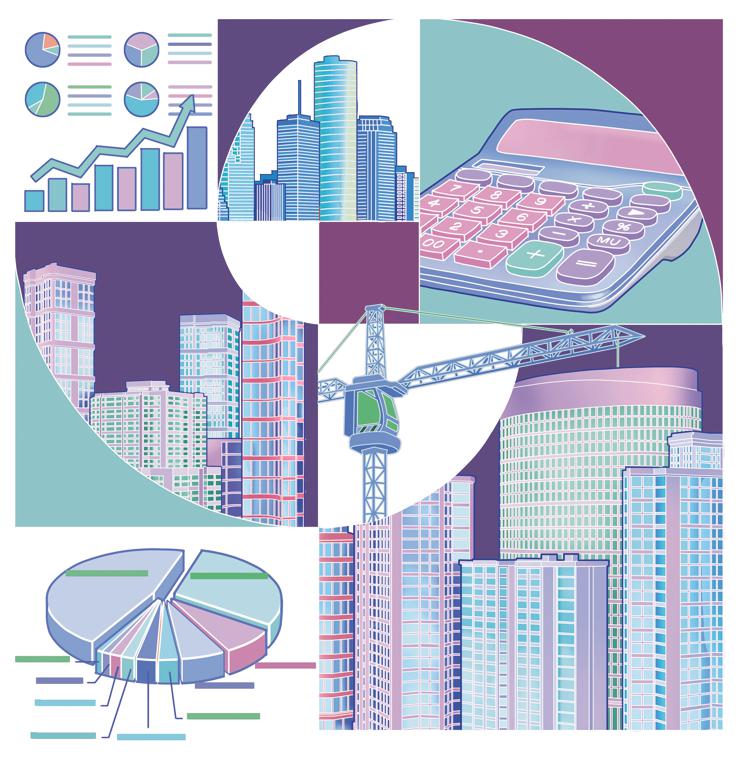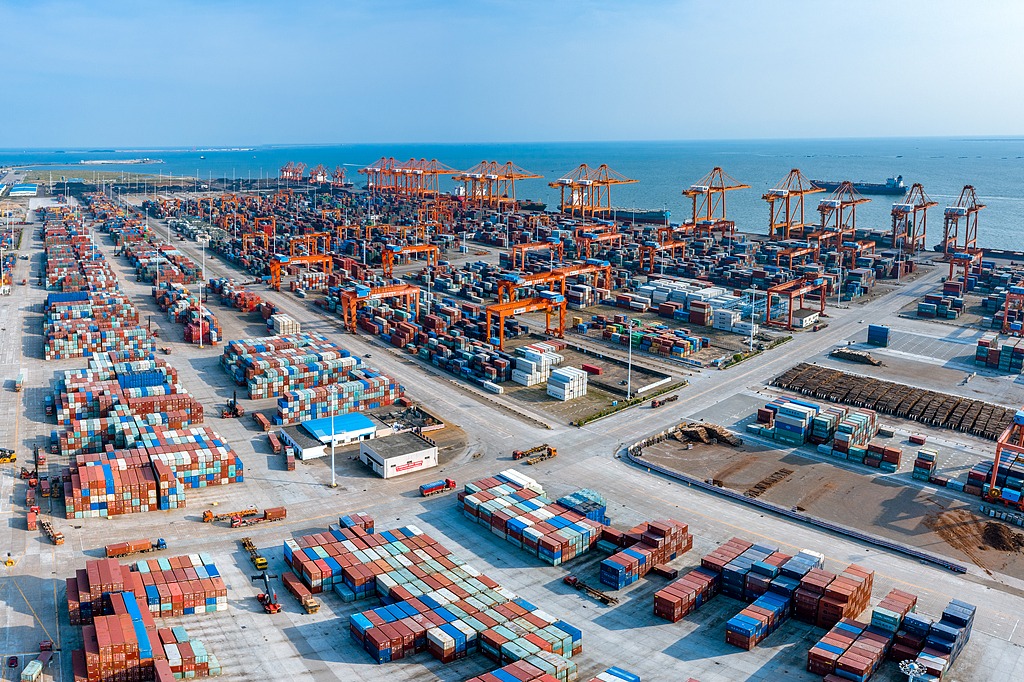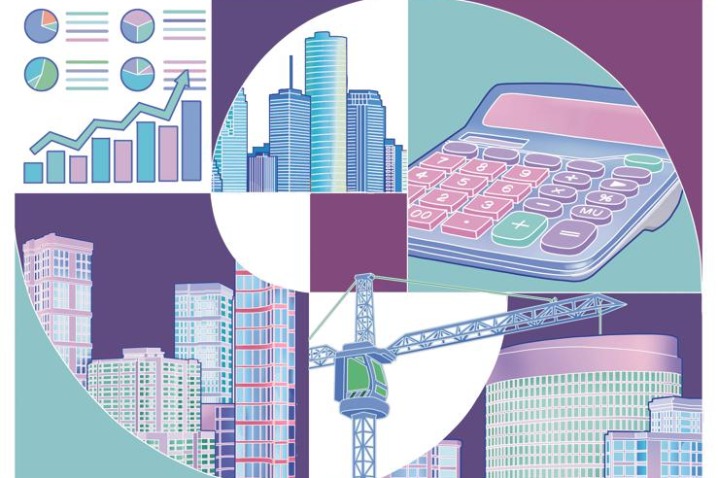Why stabilizing housing market matters


China's real estate market has been fluctuating in recent years, leading to a decline in market confidence, reduction in transaction volumes, and price adjustments. These developments have impacted economic growth and social stability.
As such, stabilizing the real estate market has become crucial for China to achieve high-quality, sustainable development.
The central leadership has reiterated the need to stabilize the real estate market. That the Central Economic Work Conference in December also decided to sustain efforts to stabilize the real estate market indicates that supportive policies will continue to be implemented.
The importance of stabilizing the real estate market cannot be overstated. First, a stable real estate market facilitates growth. The real estate sector is a pillar of China's economy, with extensive links to industries such as construction, home furnishing and finance. A stable real estate market can drive the development of related industries, boost investment and consumption, and promote steady economic growth.
Second, stabilizing the real estate market is crucial to prevent systemic financial risks. The real estate market is tied to the financial system, with mortgages and land transfer fees significantly affecting banks' and local governments' revenues. As a result, severe market fluctuations could trigger financial risks and threaten social stability.
Third, by stabilizing the real estate market, the authorities can advance urban renewal and coordinated regional development. Stable policies not only ensure short-term market stability but also promote long-term development.
To stabilize the market, both the central and local governments have implemented a series of measures both the supply and demand sides. On the financial front, the People's Bank of China reduced the reserve requirement ratio twice last year, while releasing 2 trillion yuan ($273.15 billion) in medium- to long-term funds.
Additionally, the authorities have cut one-year and five-year loan prime rates (LPRs) by 35 and 60 basis points, respectively. Looking ahead, monetary policy is expected to remain accommodative, with further reductions in the five-year LPR anticipated for 2025 lowering homebuyers' costs.
Optimizing mortgage policies is another key financial measure. For first-time homebuyers and those seeking better housing, the government has introduced policies to reduce payment requirements and mortgage rates, easing financial burdens. For example, in Zhuzhou, Hunan province, the local government has fixed the minimum down payment for first and second homes at 15 percent, and reduced existing mortgage rates.
Additionally, the government is exploring the possibility of "old-for-new" financial support, where homeowners selling old property with outstanding loans can convert existing mortgage balance into new home loans, reducing costs and boosting the demand for better housing.
On the fiscal side, local governments are issuing more special bonds, allocating funds for purchasing land and housing stock, which can be used as project capital and help reduce inventory. Many local governments are offering purchase subsidies and tax relief measures, providing financial support for homebuyers and reducing transaction costs by reducing taxes and optimizing housing standards.
The government has also implemented a 300-billion-yuan loan policy for affordable housing, and is promoting the conversion of existing commercial housing into affordable units, meeting both inventory and low-income housing needs.
Besides, the Ministry of Housing and Urban-Rural Development has announced an additional 1 million units for renovation, extending the scope to 300 cities at the prefecture level and above, using a monetized resettlement approach. In the future, the scale and intensity of the revitalization of urban villages will further increase, with plans to combine housing vouchers and acquisition of existing commercial housing for resettlement aiding inventory reduction.
The government is also issuing special bonds to acquire idle land and commercial properties, optimizing land supply and improving urban renewal plans. But to boost demand, the government needs to relax purchase and loan restrictions. In fact, major cities such as Beijing, Shanghai and Shenzhen have relaxed purchase restrictions, lowered social security requirements, and removed the distinctions between ordinary and non-ordinary housing, releasing pent-up demand. And many regions have reduced down payment requirements and mortgage rates, optimizing loan policies to make homebuying easier.
Overall, the sustained efforts to stabilize the real estate market are beginning to show results. Since late September 2024, the market has seen a phase of stabilization, with transaction volumes in key cities leveling off and market confidence gradually recovering. As policies continue to be implemented, the real estate market is expected to gradually recover in 2025, laying a solid foundation for China's high-quality economic development.
The author is director of the National Institution for Finance and Development. The views don't necessarily represent those of China Daily.
If you have a specific expertise, or would like to share your thought about our stories, then send us your writings at [email protected], and [email protected].


































